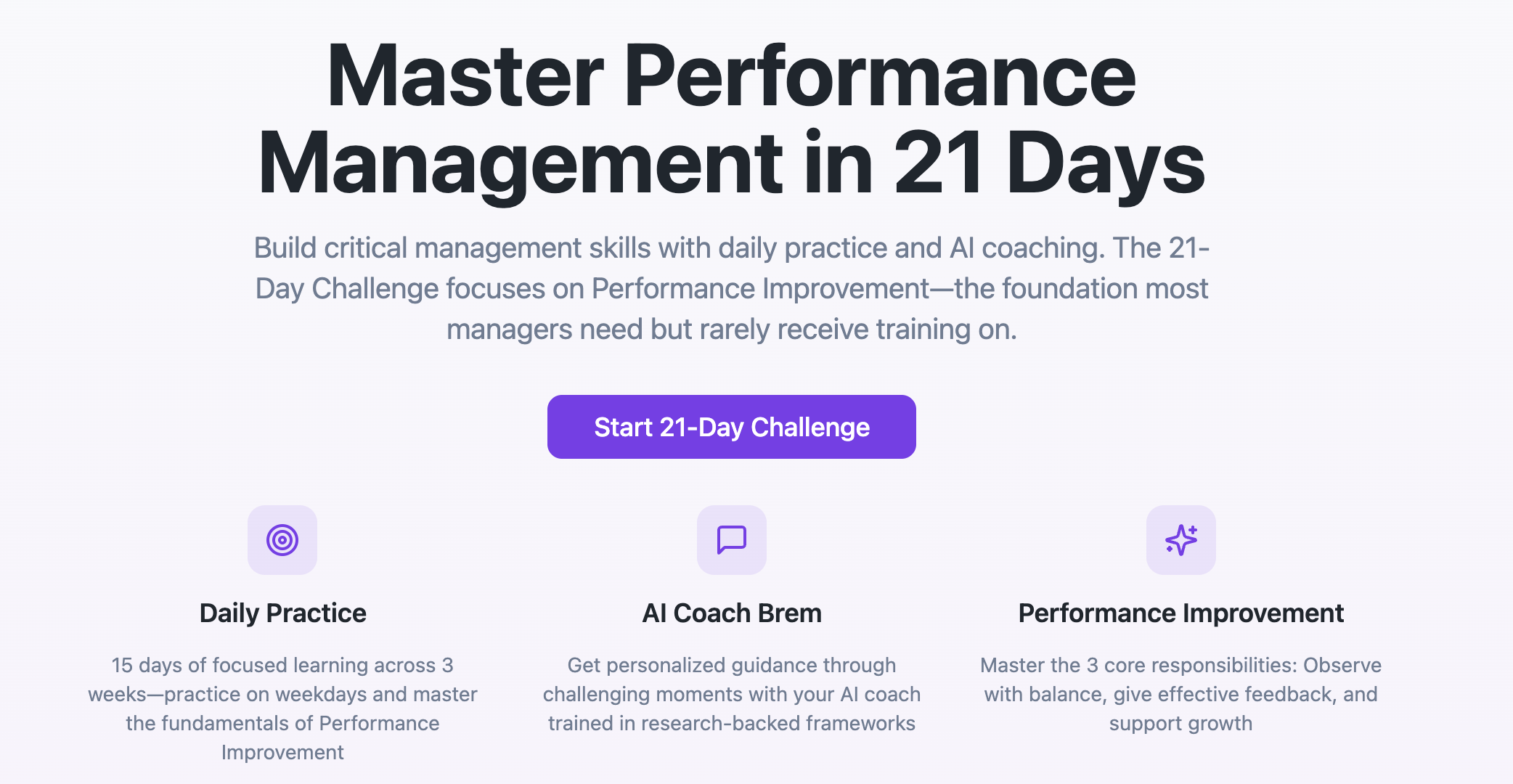The other day I happened to be catching up with a friend of mine who also had a front row seat to one of my first professional experiences in the workforce. It was circa early 2000s and we were both new teachers at a “low-performing” school. Everyday felt like a dumpster fire of sorts. It was like the show Abbott Elementary, but less predictable. It was during these early years of my career that I found myself completely in over my head, because I lacked the emotional self awareness to process what was happening. I just careened from one chaotic experience to the next (imagine how my students were feeling!).
One early memory, on just the second week of school one of my second grade students set the boys bathroom on fire. As we exited the building I was busy trying to figure out, why didn’t I hear a fire alarm and do I have all my students? I didn’t have the time or the bandwidth to ask myself other questions that would have helped me regulate my own emotions and also tend to the emotional needs of my students in the moment. It would be years before I developed the emotional agility for self regulation. Nowadays, for most managers and employees, emotional agility seems like a pre-requisite for healthy workplaces.
Recently our team has been grappling with this very challenge: how do we regulate ourselves at work, particularly given the broader personal, political, and social contexts of our lives? We’re not robots. We’ve evolved in our understanding of work culture to realize that what happens outside the workplace impacts how people show up in the workplace. Years ago we debated about whether or not folks should or could even bring their “full” selves to work. Some argued that no, don’t bring your full self to work but instead keep your head down and just do your job (as if somehow our identities, values, and experiences don’t inform how we show up to do our job). Others said that the focus should be on being our authentic selves at work, because doing so unlocks so much of our strengths and potential. On the matter of self-regulation, we have a responsibility first to ourselves, then to the people around us to discern how we need to best show up. Here’s what we’re learning as we practice this skill together (and this is what shapes our own manager training):
Pay Attention to your cues.
We each have telltale signs of our own emotional dis-regulation. For me, when I start to go silent, it may mean I’m in deep thought. Or, in particular when I’ve been silent and disengaged in other ways for a while on a call, it probably means I’m emotionally stuck. I’m somewhere lost between my head and my heart trying to figure out find my way back. Now, while it’s not my team’s responsibility to care-take for me (that’s a whole topic for another blogpost), it’s amazing to be in an environment where we have the phycological safety to genuinely care. Which brings us to the next step…
Speak up.
My grandmother has a saying, closed mouths don’t get fed. I didn’t understand it when I was younger, but I do now. It’s our responsibility to name what we need, even if what we’re saying is, I don’t actually know what I need right now, but can I take a moment to process and figure it out? Even something as simple as naming that you’re stuck, signals to your team that you’re taking responsibility for meeting your own needs, and you don’t want to be the roadblock that stops momentum. This is particularly important for managers and leaders because when we model our own emotional agility, it grants permission to those on our teams to do the same for themselves.
Take Action.
There are a lot of ways to get yourself back on track when you find yourself dis-regulated. Sometimes it’s simply stepping away for a few moments while you take deep breaths. Movement usually helps. Other times it’s addressing a deeper issue like lack of sleep, stress, or another more pressing personal matter clouding our judgement. What matters most is that you do something to get yourself back on track so that you can be present for the moment.
We’re building a movement to change how we work, and we believe that the emotional intelligence of everyone in the workplace, in particular for managers, is a key lever. To learn more about our work and get involved, connect with us at www.managereq.com.



